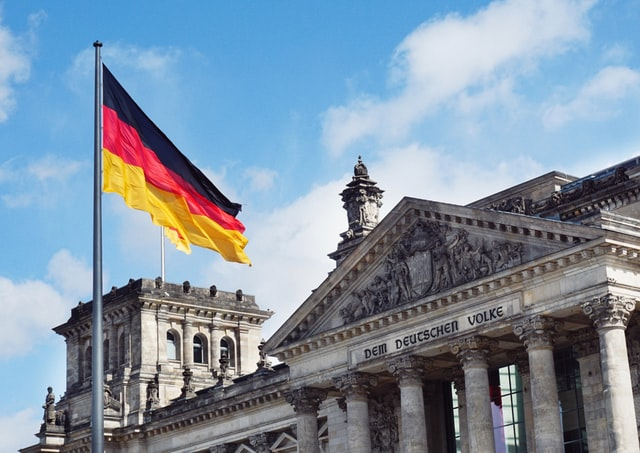An Election of Firsts

The world is looking at Germany after a historical 20th federal election. On Sunday, September 26th, the people of Germany elected their new federal parliament, and indirectly a successor for chancellor Angela Merkel, who has been running the country for the past 16 years.
The frontrunner of this election is the SPD, the social democratic party, that only won the lead over the CDU, the Christian democratic union Merkel is part of, by a little over one percent. While a win for the social democrats was unthinkable a few months ago, the real surprise happened to the Christian democrats, whose turnout of 24% is a historical low since the establishment of the German federal republic 72 years ago.
Here's what the seat distribution looks like: pic.twitter.com/cKjGxBL9lV
— DW News (@dwnews) September 27, 2021
Despite the slight advantage of the SPD, both parties could still secure the seat of the chancellor, as a party needs to gain a complete majority of at least 50% to pass laws and choose a chancellor, which no party has been able to reach since 1961. Now the discussions about two possible coalitions have started: The stoplight coalition consisting of the SPD in red, the free democrats of the SPD in yellow, and the green party naturally in green, or the Jamaica coalition containing the CDU in black, following the SPD and the greens. The latter will only happen if discussions with the frontrunner SPD fail, which is unlikely but vastly different political opinions among parties can make discussions time-consuming. The 2017 election demanded four months of discourse, Olaf Scholz, the chancellor candidate of the leading SPD hopes for a solution before Christmas. His competitor Armin Laschet from the CDU is still hoping for an unlikely turn of events that will grant him the position of chancellor. A coalition of three parties has never occurred in Germany before, emphasizing the public's desire for a center-heavy government.
The green party, scoring as well as never before in this election despite showing little success with their party's first-ever chancellor candidate Annalena Baerbock, wants to put the main focus on the containment of man-made climate change, a goal that will cause much friction with their business-friendly future political partners of the FDP, whose focus shifts more towards a strong economy. The two parties were the most popular among young voters, hoping for a future of economical safety and environmental progress, especially after heavy floods around Germany in July that asked for almost 200 lives. Despite many differences of opinion, all parties in parliament are adamant about not considering a coalition with the far-right party AfD.
Not only Germany, but the European Union will impatiently wait for the final results, as the European Commission in Brussels being somewhat slowed down without Germany's input on future intentions like an ambitious new climate package and a strengthened post covid economy. Russia is waiting for an agreement on the Nord Stream 2 pipeline that is supposed to transport natural gas to Germany but is highly opposed by many nations, trying to contain Russia's influence on Europe. The European head will be turned towards Germany while all these matters are being discussed.
Until all settlements are finalized, Angela Merkel will remain in her position as the eighth chancellor of Germany; the first woman to hold the title.







